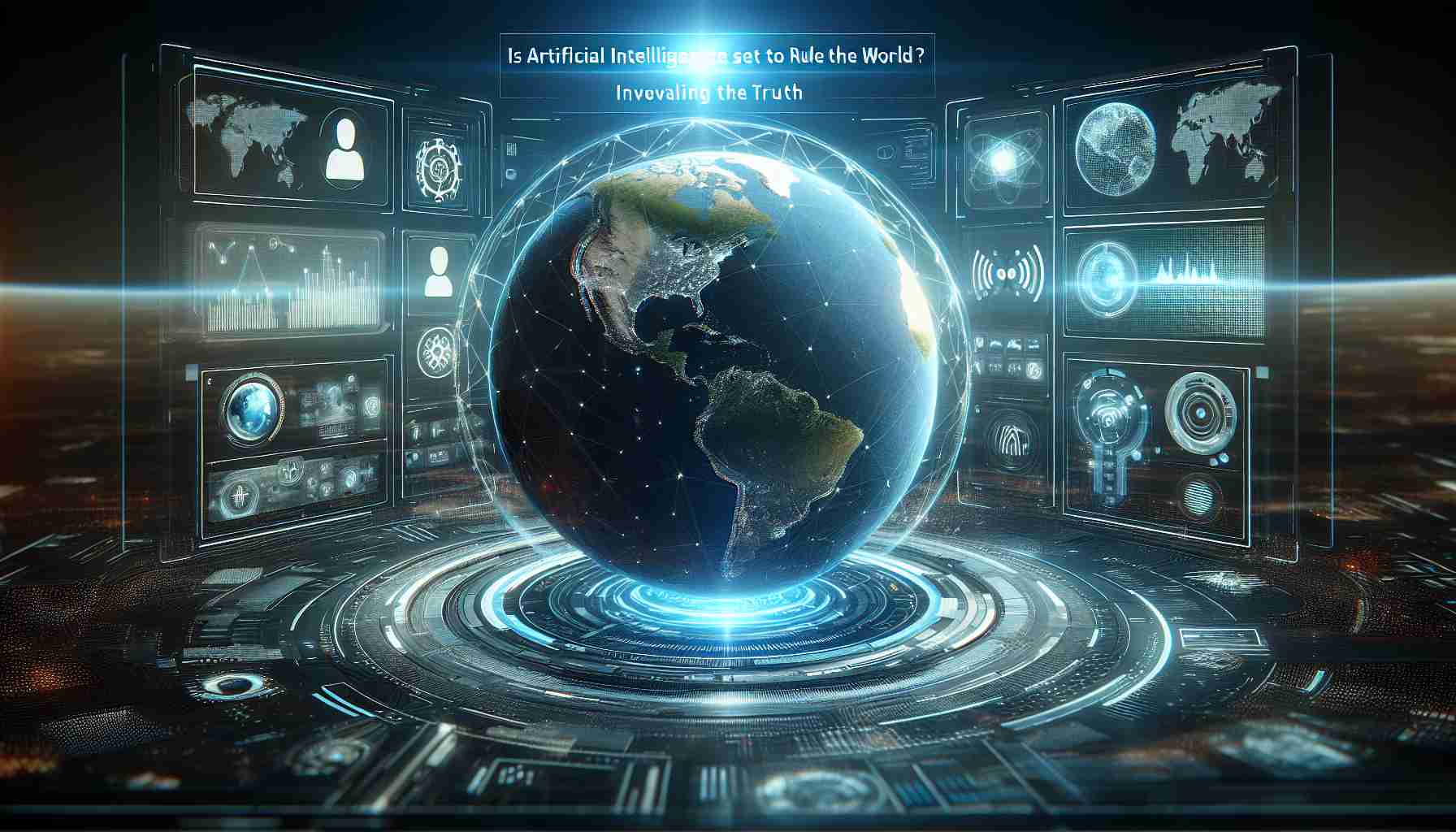In recent years, artificial intelligence (AI) has rapidly advanced, leading many to wonder whether it might one day dominate the world. Although this notion evokes images of science fiction dystopias, it’s important to explore the reality of AI’s potential and its implications.
AI’s Current Capabilities primarily involve narrow, specialized tasks. Technologies such as machine learning and natural language processing have enabled computers to excel in areas like image recognition, language translation, and strategic games. However, these systems function within specific domains, lacking the general cognitive abilities of a human being. The vision of AI as an omnipotent entity rests on the development of Artificial General Intelligence (AGI), which does not yet exist.
The Role of Human Governance is crucial in understanding AI’s future. Current AI systems are tools developed and operated by humans. Ethical oversight and regulatory frameworks are needed to ensure AI’s safe and beneficial use. Organizations and governments worldwide are actively researching and implementing strategies to manage AI’s development responsibly.
Potential and Limitations of AI reveal that while it can transform industries and improve lives, it is unlikely to “take over” in the traditional sense. AI lacks intention and consciousness; it does not possess desires or goals outside of those programmed by humans. Moreover, complex human emotions and social intricacies remain well beyond AI’s reach.
In conclusion, while AI continues to grow in power and presence, it remains a tool at the disposal of human influence and ethics. The potential of AI shaping our future is immense, but the narrative of it ruling the world is still confined to the realm of fiction.
Will Artificial Intelligence Become Our Overlords? The Shocking Truth Explained!
As we navigate the transformative age of artificial intelligence, new developments continue to reshape many facets of human life. But are there unseen consequences to this rapid technological advancement?
Unprecedented Economic Impact: AI is not only reshaping industries but also the job market. According to several studies, automation could replace up to 30% of jobs in sectors like manufacturing and clerical work within the next decade. This could lead to significant socioeconomic shifts, prompting urgent questions about job retraining and economic adjustment. Will AI create more jobs than it eliminates, or are we headed toward widespread unemployment?
Ethical Dilemmas and Controversies: AI’s influence extends to moral and ethical considerations. Facial recognition technology, for example, sparks significant controversy over privacy rights and potential biases. Cases where AI algorithms made unfair or harmful decisions bring to light the importance of ethical AI development. Are we prepared to face the moral challenges posed by increasingly autonomous machines?
Global Governance Challenges: As AI becomes more integral to national security and economic competitiveness, international cooperation is crucial. Countries are racing to dominate in AI technologies, potentially fueling geopolitical tensions. How will nations balance competitive advantages with the need for global agreements on AI ethics and its safe application?
In essence, while AI doesn’t yet have the capability to “take over the world,” its profound effects on economies and societies are undeniable. Policymakers, industries, and communities must navigate these changes carefully to harness AI’s benefits while mitigating its risks.
For further reading on AI advancements, visit OpenAI and DeepMind.








